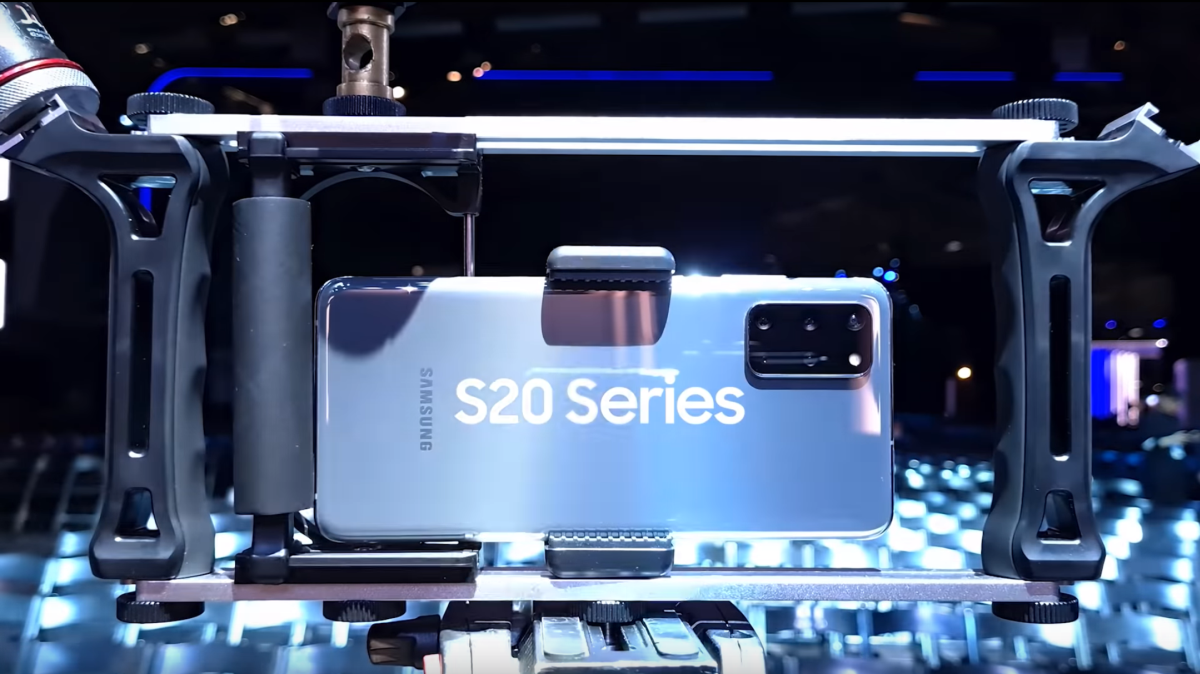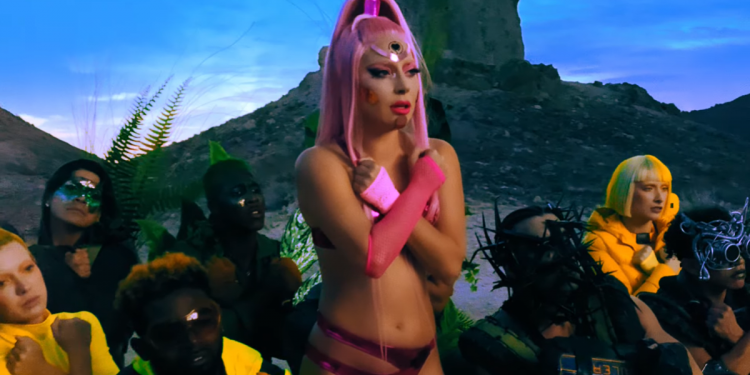The #ShotOniPhone series is certainly an indicator of how far mobile photography has come. From the old 0.3MP 3GP videos to the quad-camera setups we have today, technology has certainly evolved over the past decade or so. Apple has traditionally gotten well-known filmmakers to shoot short films for the series, including Oscar-nominated Theodore Melfi, and we’ve also seen artists like Selena Gomez release music videos under the #ShotOniPhone banner.
Now, Lady Gaga has decided to release her first solo single since 2017, Stupid Love, with the full music video to be released later today. In a Tweet, the star of A Star is Born teased that her new music video will be released soon (1pm Malaysian time), and it will also be entirely #ShotOniPhone. Have a look at the teasers below:
“STUPID LOVE”
— Lady Gaga (@ladygaga) February 27, 2020
9 HOURS #LG6 #ShotOniPhone pic.twitter.com/ZMdoy3jGDG
The music video has been described by Billboard as an “epic” clip, and based on the teasers released so far, I’m certainly looking forward to watching the full video. Still, it’s worth remembering—for those of you who are new to the #ShotOniPhone series—that additional hardware and editing equipment are always a part of these films. Based on the teasers (and Lady Gaga’s general style), I’m guessing that her latest music video will showcase how creative videos can be shot using the latest range of iPhones: the iPhone 11, 11 Pro, and 11 Pro Max.
The series usually showcases the cinematic capabilities of the iPhone, and Lady Gaga’s music video won’t be any different. From the teasers, you can already seen footage that’s probably taken with the help of a drone, while there’s also the bright, vivid colours that are a signature of Lady Gaga’s style.
Apple isn’t the only one to do something like this, though. Samsung also livestreamed the entire Galaxy Unpacked 2020 event using the Samsung Galaxy S20 series—which might be an even more impressive feat, if you ask me. That said, it’s not really a fair comparison, because both Apple and Samsung are showing off different things.

Apple’s #ShotOniPhone series is a demonstration of the cinematic qualities of the iPhone’s camera setup, while Samsung’s Captured #WithGalaxy series is a testament of Samsung’s faith in their latest flagship’s reliability—they streamed their biggest event of the year using the S20, after all. Regardless, it’s still pretty amazing. 10 years ago, mobile cameras were nowhere near good enough for professional use. And while it’s still true that professional production work still requires a lot more than just an iPhone, mobile cameras have come a long, long way.








